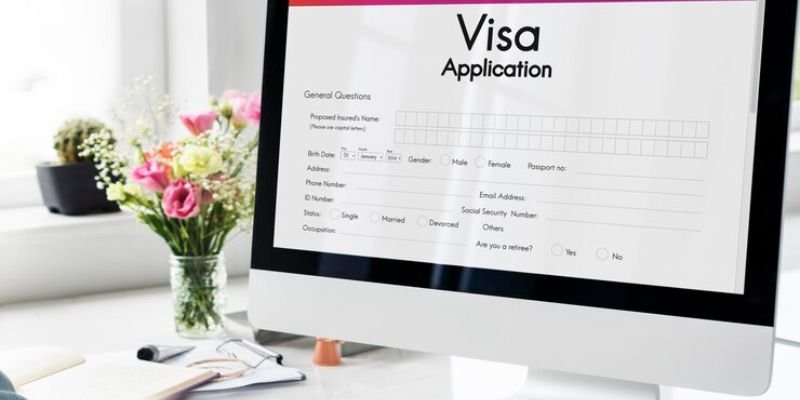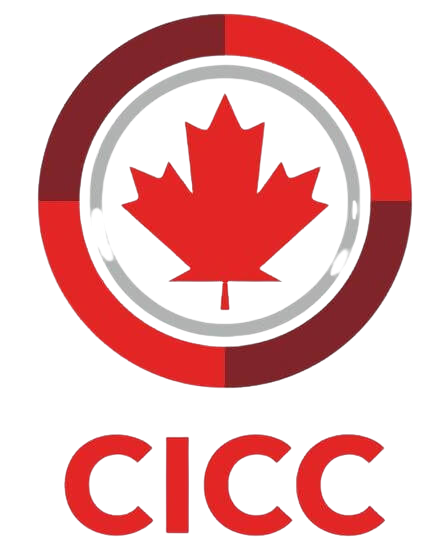If being a Canadian resident is your dream, you can stay content in the fact that Canada’s simplified immigration policies are one of the smoothest in the world. Every year, the Canadian government welcomes more than 200,000 immigrants who come from various parts of the world. This article will walk you through the steps that can eventually get you a Canadian Permanent Residence visa.

1. Why Should Canada Be Your Top Choice
With its robust economy and booming job openings, Canada is a great choice for immigrants. Canada holds top ranks globally in terms of its per capita income. It is no surprise that it also holds the place for being the 10th largest economy. Apart from the free healthcare and education, Canada is a beautiful country to live in. It has more lakes than the rest of the world combined and it is also the most educated country in the world. The competition is immense but worth it.
2. The Benefits Of Being A Canadian Resident

Having a Canadian permanent residence is no different than having study and work permits combined. You get to work wherever you want. With a PR on hand, you can also proceed and apply for citizenship. Even if you haven’t become a citizen yet, a PR will still keep you protected under Canadian law. You’ll receive all the benefits that a citizen gets including health care. You can also claim free education for your children if you have any. But you will still be ineligible to vote in an election. Even with a PR, you still cannot apply for a job that needs a high-level security clearance.
3. Canada Immigration PR Programs

There are several Canada immigration programs that can get you a PR. Oftentimes, it is best for you to apply for different programs in which your profile meets the basic eligibility criteria. This will save you a lot of time, effort and money instead of trying your chances by applying in any one program.
a. Skilled Immigrants Program (Express Entry)
The Canadian Skilled Immigrants Program is where you can leverage your skills and work experience to secure a PR. There are just three simple requirements that you must satisfy in order to be eligible. First and foremost, you should fall under right age criteria. Secondly, you should possess enough skills that can prove you areeligible to work in Canada. Lastly, you should prove that you have enough money to support yourself and your dependents in Canada. Apart from this, you’ll also need a good language test score.
b. Federal Skilled Worker (FSW)
This is a subclass of the express entry system. People who apply to this category usually hold skilled category work experience. There are other minimum requirements that you must satisfy. This involves: age, language ability, education and verified work experience.
There are three types of job categories namely, managerial jobs (skill type 0), professional jobs (skill level A) and technical jobs (skill level B). Your experience should fit inside any one of these categories in order for you to proceed.
c. Federal Skilled Trades Program (FST)
This program is for the people who want to become permanent resident by leveraging a particular skill that they have. These skills usually involve industrial, electrical, construction, maintenance, equipment operation, chefs, cooks, butchers, bakers etc., It is important that you have at least 2 years of work experience in that particular skill when you apply.
Education is not really a requirement in FST but a good profile will indeed help you rank better. Canadian Level Benchmark (CLB) 5 for speaking and listening, CLB 4 for reading and writing and proof of funds arealso an absolute necessity.
d. Canadian Experience Class (CEC)
Apart from your skills, in order to be eligible for the CEC, it is mandatory for you to have a Canadian work experience. You should at least have one full year of experience before you apply for the CECin last 5 years. This should either come from a full-time job or an equal amount of work hours in part-time. You won’t be eligible if you have gained your work experience without having a temporary resident VISA. You’ll also be ineligible if you have worked without authorization.
e. Start-up visa
If you have a business idea that you think could work really well in Canada, you can choose to apply for a Canadian start-up VISA. But this idea of yours should not just benefit you but also create jobs for the people in Canada.
If you have a way of supporting other innovative entrepreneurs, your chances of getting a VISA could go up. Your idea should also be creative and new that isn’t popular elsewhere in the world.
f. Investors Entrepreneurs Stream
Unfortunately, Canada has not granted VISAs in this category for a long time. Usually, people and businessmen who can invest in projects that can benefit the Canadian economy will be eligible to apply. The investor should also have a net worth of $600,000 CAD with proof showing it is legal. He should also make at least $800,000 CAD worth of investment. The investor will later receive the entire amount without interest at the end of the 5-year period.
g. Self Employed
Self Employed program is for those who have participated in Cultural activities or Athletics in International level. To be qualified under self-employed program you must have participated in international level for a minimum of 2 years in past 5 years (or) you must have served as an international coach for 2 years (or) you must have served as an international coach for an year and participated as an international player for an year.
h. Quebec Skilled Workers Program (QSWP)
This application is for anyone who’s seeking Canadian permanent residence especially to live in Quebec. This province in Canada has its own set of rules that the applicants have to follow. You should first get a Quebec Selection Certificate which shows that the province has accepted you as an immigrant. Only with this document you will be able to proceed with your PR and if you have good fluency in French language will help you to boost your points.
i. Provincial Nominee Program (PNP)
In the PNP program, you should prove that your skills will be valuable to a particular province in Canada. You should also have an affinity to live in that particular province. Each province will have its own set of needs. Some provinces may need students and business people while some may need skilled workers. Your application shouldeither be paper-based or online depending on the province. Quebec, a province in Canada, does not offer a PNP program and has its own process.
4. The Documents You’ll Need

Although every PR program has its own set of requirements, there are a few standard documents that you’ll need. A good IELTS score along with an ECA (Education Credential Assessment) is pretty much necessary for all the programs. You also have to submit proof of funds to show that you can make a living here in Canada. Since people in Canada also speak French, you also can provide TEF (Test d’Evaluation de Français) in order to claim points for French language. Proof of age is another necessity. In order to verify your work experience, You’ll need to submit payslips and reference letters.
5. Processing Time

The time taken for processing your application will also vary from one program to another. For example, the processing time for the express entry, PNP and QSWP will not be the same. Your CRS score is also a major deciding factor for the overall time taken of processing. The more your CRSscoreis, the faster you’ll receive the invitation (ITA). If you have received an ITA, it may take somewhere around 4 to 6 months to complete the remaining process.
6. Calculating Your Points
Every tiny detail in your profile could add up to your CRS score. In general, your age, work experience (preferable in Canada), education, and language test scores could play a major role. Your total CRS score is an indicator of eligibility for almost all the PR programs. In fact, only if your scores are good, will you be receiving an ITA (Invitation To Apply). An ITA is mandatory for you to be eligible for the PR application which, in the future, will approve your residency.
If you are lucky enough to be eligible for the PNP program, you can potentially increase your CRS score by 600 points. Similarly, every single improvement could add up to a huge difference.
7. VISA Fee For Canada Permanent Residence

When compared to the benefits, the money you’re going to pay is not even close. The cost of VISA depends on the type of immigration program that you are applying under. If you are applying for a PR status under the express entry, you should expect your overall cost to be somewhere under $1325 CAD. Out of which $825 is going to be your processing fee and $500 is for your right of permanent residence(RPRF). If you are just starting with your PR process and planning on increasing your points, you’ll have to add the cost of every individual step such as language tests, ECAetc.,
Conclusion
If you find this complicated, a good immigration consultant can make things really easy for you. Apart from all the requirements quoted above, there are certain standard documents that every immigration program demands.
A medical exam to prove that you’re both physically and mentally fit and should not have any communicable disease, also a police verification document to prove that you hold no criminalrecord is mandatory for you to get a PR.









